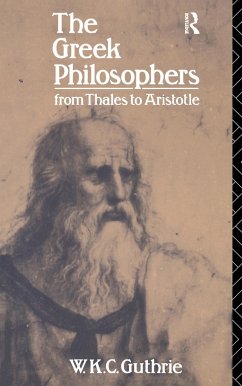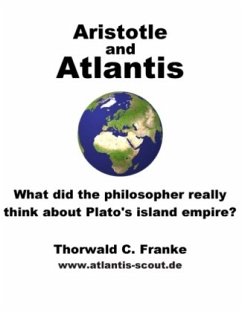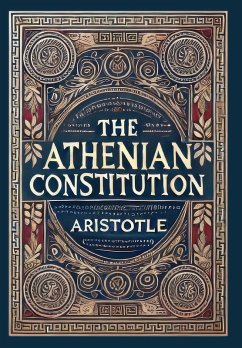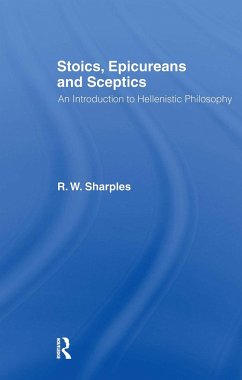Nicht lieferbar
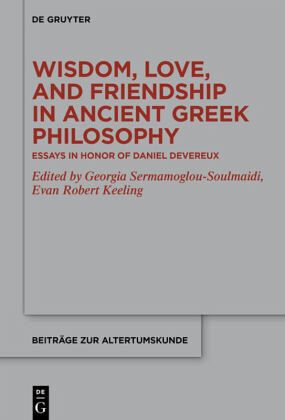
Wisdom, Love, and Friendship in Ancient Greek Philosophy
Essays in Honor of Daniel Devereux
Herausgegeben: Sermamoglou-Soulmaidi, Georgia; Keeling, Evan Robert
Versandkostenfrei!
Nicht lieferbar
This volume consists of fourteen essays in honor of Daniel Devereux on the themes of love, friendship, and wisdom in Plato, Aristotle, and the Epicureans. Philia (friendship) and eros (love) are topics of major philosophical interest in ancient Greek philosophy. They are also topics of growing interest and importance in contemporary philosophy, much of which is inspired by ancient discussions. Philosophy is itself, of course, a special sort of love, viz. the love of wisdom. Loving in the right way is very closely connected to doing philosophy, cultivating wisdom, and living well. The first nin...
This volume consists of fourteen essays in honor of Daniel Devereux on the themes of love, friendship, and wisdom in Plato, Aristotle, and the Epicureans. Philia (friendship) and eros (love) are topics of major philosophical interest in ancient Greek philosophy. They are also topics of growing interest and importance in contemporary philosophy, much of which is inspired by ancient discussions. Philosophy is itself, of course, a special sort of love, viz. the love of wisdom. Loving in the right way is very closely connected to doing philosophy, cultivating wisdom, and living well. The first nine essays run the gamut of Plato's philosophical career. They include discussions of the >Alcibiades<, >Euthydemus<, >Gorgias<, >Phaedo<, >Phaedrus<, and >Symposium<. The next four essays turn to Aristotle and include treatments of the >Nicomachean Ethics< and >Politics< as well as the lesser-known works >Protrepticus< and >Magna Moralia<. The volume ends with friendship in the Epicureans. Asa whole, the volume brings out the centrality of love and friendship for the conception of the philosophical life held by the ancients. The book should appeal to anyone interested in these works or in the topics of love, friendship, or wisdom.




